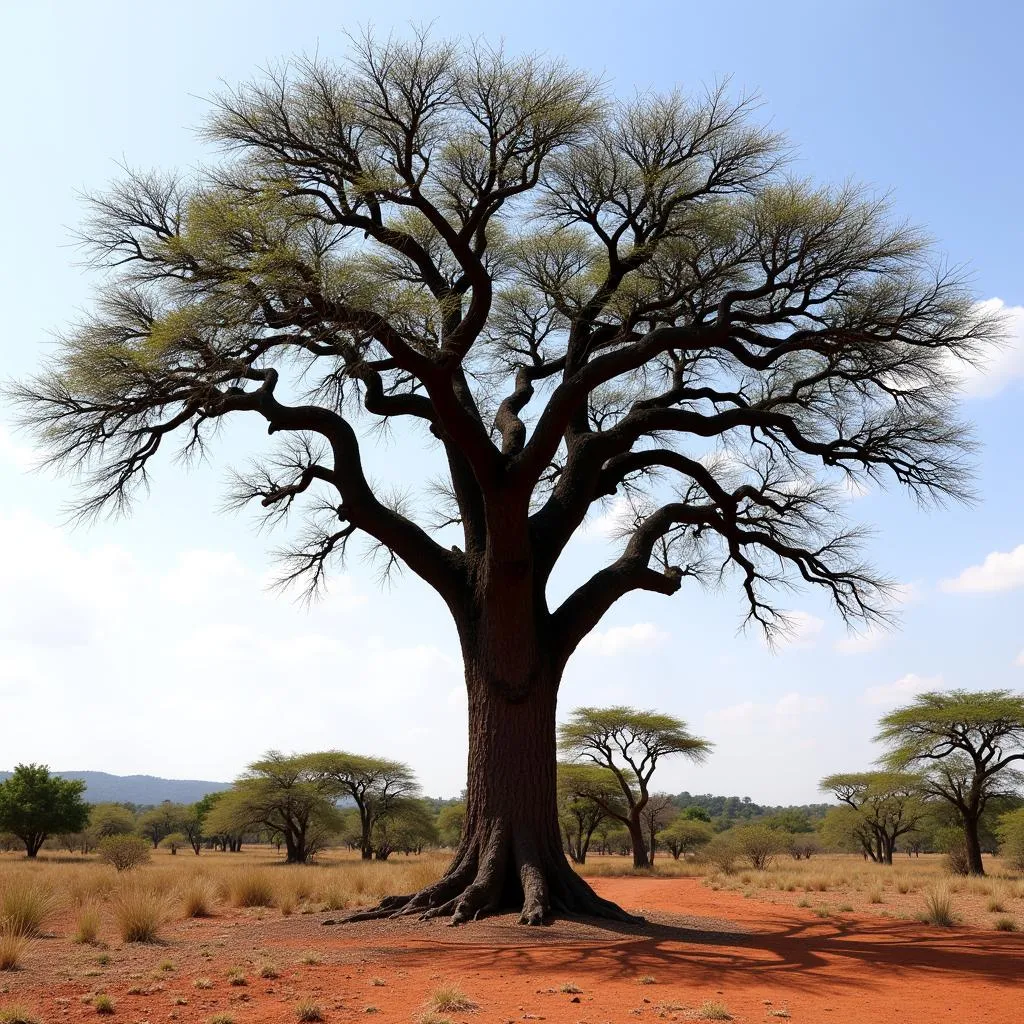African Hunters: The Misfit Narrative
African hunters, the misfit. This often-perceived image of individuals ostracized from their communities couldn’t be further from the truth. The role of the hunter in African societies is deeply interwoven with tradition, spirituality, and survival, not isolation. This article will delve into the rich tapestry of hunting practices across the continent, debunking the misfit myth and exploring the true significance of these skilled providers.
The Hunter’s Role: Beyond the Hunt
The misfit stereotype often portrays African hunters as solitary figures, detached from their communities. In reality, hunting is rarely a solitary pursuit. It often involves intricate teamwork, strategic planning, and shared knowledge passed down through generations. Hunters are not outcasts, but vital members of their societies, contributing significantly to the community’s well-being. Their skills provide sustenance, protect against predators, and play a crucial role in cultural ceremonies.
Spiritual Connections and Traditional Practices
Across Africa, hunting is often intertwined with spiritual beliefs and rituals. Hunters may invoke ancestral spirits for guidance and protection before embarking on a hunt. Specific ceremonies and taboos surrounding the treatment of animals demonstrate a deep respect for the natural world and the delicate balance between humans and wildlife. These traditions underline the hunter’s integral role within the spiritual fabric of their community, far from the image of the detached misfit.
Providing for the Community: The Hunter as Provider
The primary role of the hunter is to provide food for their community. This goes beyond simply acquiring meat. Hunting also involves the sustainable management of wildlife populations and the preservation of natural resources. Hunters possess intimate knowledge of animal behavior, migration patterns, and the delicate ecosystems they inhabit. Their practices ensure the continued availability of game for future generations, highlighting their role as responsible stewards of the environment.
Debunking the Misfit Myth: Hunters as Leaders and Mentors
Contrary to the misfit portrayal, African hunters often hold positions of respect and leadership within their communities. Their experience, knowledge of the wilderness, and tracking skills make them valuable assets. They play a crucial role in educating younger generations about survival techniques, wildlife conservation, and the traditions associated with hunting. This mentorship reinforces the importance of community and shared knowledge, further dispelling the notion of the isolated hunter.
The Hunter’s Skillset: Adaptability and Expertise
African hunters demonstrate exceptional adaptability and expertise in navigating diverse environments. They possess a deep understanding of animal behavior, tracking techniques, and the use of traditional hunting tools. These skills, honed over generations, are essential for survival in challenging terrains and climates. The hunter’s expertise is not only a testament to their individual abilities but also a reflection of the accumulated wisdom and experience of their community.
“A skilled hunter is not just someone who can track and kill. They are a guardian of their land, a teacher, and a vital link to the past,” explains Dr. Anika Moli, a renowned anthropologist specializing in African cultures. “The misfit narrative ignores the deep connection hunters have with their communities and their environment.”
The Impact of Modernization: Challenges and Adaptations
Modernization and globalization have presented both challenges and opportunities for African hunters. The introduction of firearms and commercial hunting practices has, in some cases, disrupted traditional methods and led to unsustainable wildlife exploitation. However, many communities are actively working to preserve their hunting heritage while adapting to contemporary realities. They are integrating conservation principles into their practices and promoting sustainable tourism initiatives that showcase the rich cultural significance of hunting.
Preserving Cultural Heritage: The Future of African Hunting
Preserving the cultural heritage associated with African hunting is crucial for maintaining the traditions and knowledge passed down through generations. By supporting sustainable hunting practices, empowering local communities, and challenging the misfit narrative, we can ensure that the vital role of the hunter continues to be recognized and valued. This includes promoting responsible tourism, investing in conservation efforts, and fostering greater understanding and appreciation for the rich cultural tapestry of African societies.
“The future of hunting in Africa lies in balancing tradition with conservation,” states Chief Jabari Mbogo, a respected community leader and advocate for sustainable hunting practices. “We must ensure that future generations understand the importance of respecting both wildlife and the cultural heritage associated with hunting.”
Conclusion: Reframing the Narrative of African Hunters: The Misfit
The misfit narrative surrounding African hunters is a misleading oversimplification of a complex and vital role within African societies. Hunters are not outcasts, but integral members of their communities, providing sustenance, protecting their environment, and preserving cultural traditions. By understanding the true significance of the hunter in African culture, we can challenge the misfit stereotype and celebrate the rich heritage and deep connection these skilled individuals have with their land and their people. The African hunter, far from being a misfit, is a cornerstone of their community.
FAQ
- What is the typical role of a hunter in an African community?
- How do spiritual beliefs influence hunting practices in Africa?
- Are there any misconceptions about African hunters?
- How has modernization impacted traditional hunting practices?
- What are some ways to support sustainable hunting in Africa?
- How are hunters perceived within their communities?
- What skills are essential for an African hunter?
Common Situations and Questions:
- How do hunters contribute to conservation efforts in their communities?
- What are some examples of traditional hunting tools used in Africa?
- How do hunting practices differ across various regions of Africa?
Further Exploration:
- Learn more about the wildlife conservation efforts in different African countries.
- Discover the diverse cultures and traditions of various African tribes.
- Explore the impact of tourism on hunting practices in Africa.
Need support? Contact us 24/7: Phone: +255768904061, Email: [email protected], or visit us at: Mbarali DC Mawindi, Kangaga, Tanzania.

